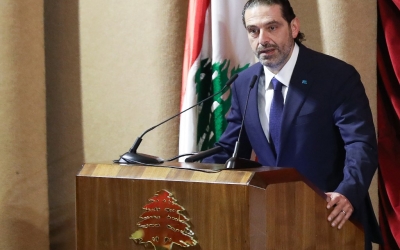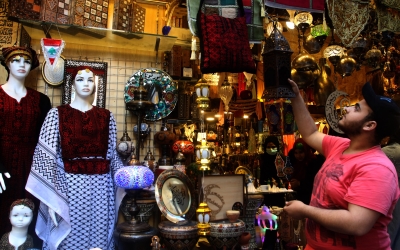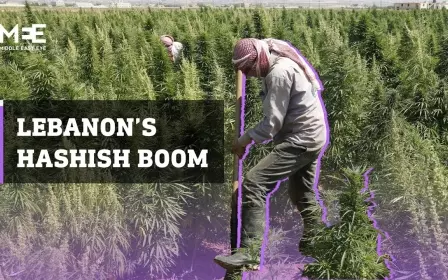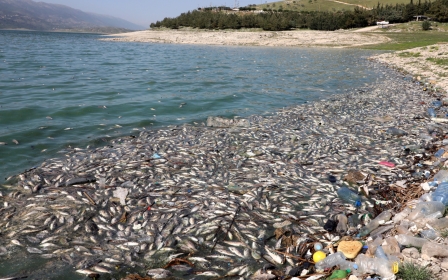Lebanon's economic crisis among world's 'most severe' since 1850s
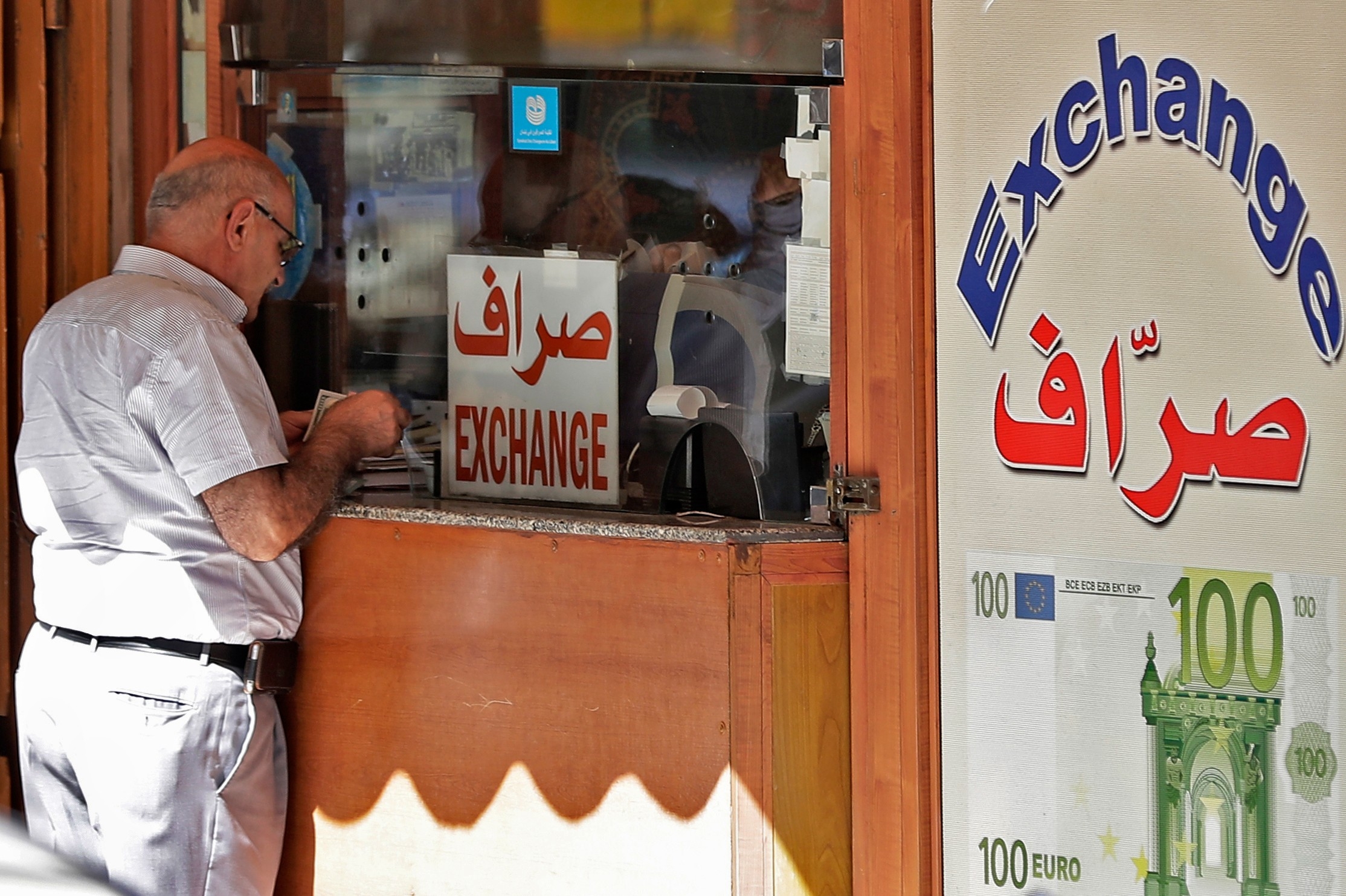
Lebanon's economic collapse is likely to rank among the world's worst financial crises since the mid-19th century, the World Bank said in a damning report released on Tuesday.
The report predicts that Lebanon's economy will shrink by close to 10 percent in 2021 and stresses that there is "no clear turning point on the horizon, given the disastrous deliberate policy inaction".
Lebanon defaulted on its debt last year, the currency lost around 85 percent of its value and poverty is devastating a country once seen as a place of prosperity in the region.
"The economic and financial crisis is likely to rank in the top 10, possibly top three, most severe crisis episodes globally since the mid-19th century," the report said.
The latest World Bank Lebanon Economic Monitor report, entitled Lebanon Sinking: To the Top Three, said such brutal economic collapses were usually the result of conflicts or wars.
The complete meltdown of Lebanon's economy over the past 18 months is widely blamed on corruption and mismanagement by the country's hereditary political elite.
"Policy responses by Lebanon's leadership to these challenges have been highly inadequate," the report says.
Lebanon's ruling class has failed to act on the country's worst emergency in a generation, which was compounded by the coronavirus pandemic and a devastating explosion at Beirut port last August.
The report said the tourism sector has been particularly hit by Covid-19, with tourist arrivals falling by 71.5 percent, year-on-year, over the first five months of 2020.
It added that the breakdown in the country's sanitation services risked intensifying the spread of water-borne diseases, adversely impacting an already vulnerable public health.
Military on verge of collapse
The International Monetary Fund (IMF) has offered assistance to Lebanon but the country's political establishment has repeatedy failed to form a government that could deliver the reforms on which foreign aid is conditioned.
"Subject to extraordinarily high uncertainty, real GDP is projected to contract by a further 9.5 percent in 2021," said the World Bank, dashing any hopes of a quick recovery.
The report said the economy contracted by 6.7 percent in 2019 and 20.3 percent in 2020.
According to Lebanon’s consumer price index, there was an approximately 400 percent price increase on goods throughout 2020.
In April, a study by the Lebanon Crisis Observatory found that a month’s worth of iftar meals for a family of five could now cost two-and-a-half times the minimum wage.
Nasser Yassin, an associate professor at the American University of Beirut, who leads the Observatory, told Middle East Eye: “The price of oil, of meat, of products that are imported from outside is really, really high.”
“But local produce has also been affected," Yassin continued. "This is related to the cost of primary material that is needed for production, such as seeds and pesticides and all the products needed for farming. This is affecting costs across the board.”
Last week, it was reported that Lebanon's army chief Joseph Aoun had warned France during a trip to Paris that the crisis had pushed the military to the verge of collapse.
Following the visit, France was said to have offered emergency food and medical aid for troops in hopes of preserving law and order.
Middle East Eye delivers independent and unrivalled coverage and analysis of the Middle East, North Africa and beyond. To learn more about republishing this content and the associated fees, please fill out this form. More about MEE can be found here.


